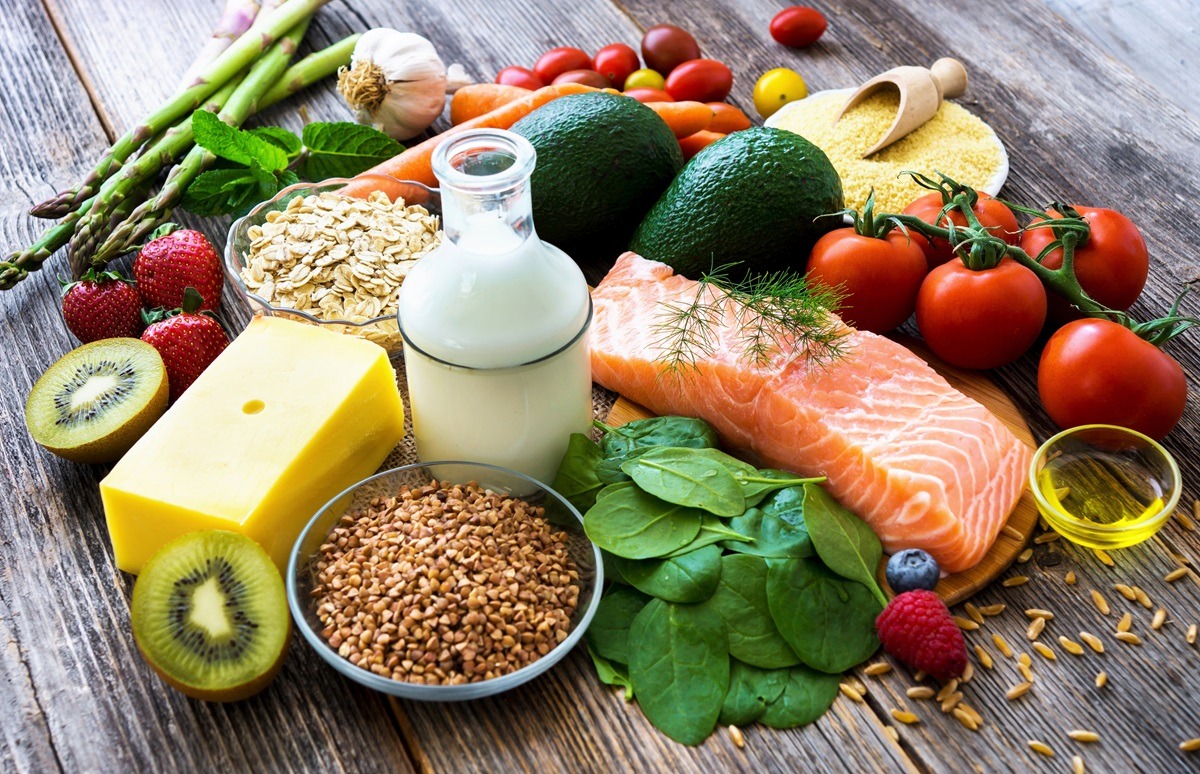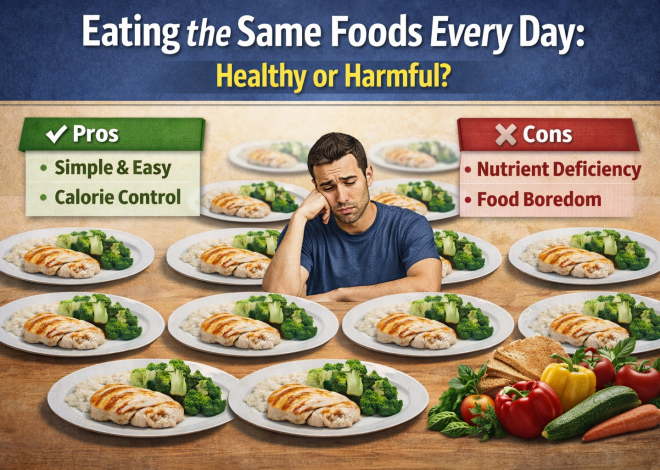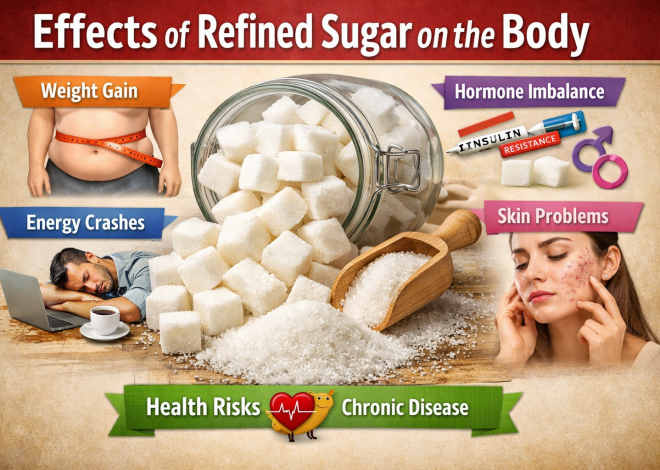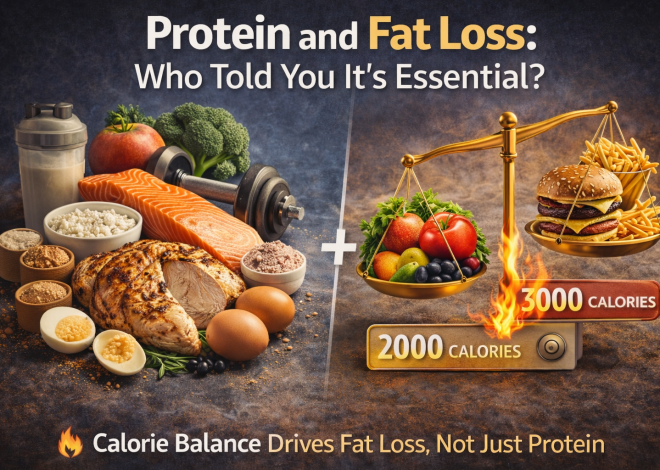
Healthy Diet: Exploring Protein, Fat, and Carbs
We all know that balance is key when it comes to nutrition and maintaining a healthy diet. But what happens when we consume too much of a certain macronutrient—protein, fat, or carbohydrates?
Many diets blame carbs, fats, or protein for weight gain. But which one actually has the most impact on a healthy diet? Let’s break it down!
How Too Much Protein Affects a Healthy Diet
Protein is essential for muscle growth, recovery, and overall health, but consuming excessive amounts can have drawbacks.
What Happens If You Eat Too Much Protein?
⚡ Strain on the kidneys – Excess protein can put pressure on your kidneys, especially if you have pre-existing conditions.
⚠️ Dehydration – High protein intake increases water loss.
🔶 Fat storage – Extra protein isn’t magically turned into muscle—it’s stored as fat if you consume more than your body needs.
⚠️ Digestive issues – Overloading on protein (especially from meat) can cause bloating and constipation.
How Much Protein Should You Eat for a Healthy Diet?
✔️ Sedentary individuals: 0.8g per kg of body weight
✔️ Active individuals & athletes: 1.2–2.2g per kg of body weight
💡 Tip: Instead of overloading on protein, focus on high-quality sources like lean meat, fish, eggs, and plant-based proteins. This helps to maintain a balanced and healthy diet.
Are Too Many Carbohydrates Ruining Your Healthy Diet?
Carbohydrates fuel your body, but consuming too many—especially refined ones—can negatively impact your health.
What Happens If You Eat Too Many Carbs?
⚠️ Blood sugar spikes & crashes – Excess refined carbs (white bread, sweets) lead to unstable energy levels.
🚨 Weight gain – Extra carbs are stored as fat when glycogen stores are full.
⚠️ Increased risk of diabetes – Overloading on sugar and refined carbs can lead to insulin resistance.
How Many Carbs Support a Healthy Diet?
✔️ For weight maintenance: 45–65% of daily calories from carbs.
✔️ For fat loss: 20–40% of daily calories from carbs.
💡 Tip: Instead of eating too many carbohydrates, focus on slow-digesting carbs like whole grains, vegetables, and legumes. This helps sustain energy and promote a healthy diet.
Does Eating Too Much Fat Harm Your Healthy Diet?
Fats are necessary for brain function and hormone production, but eating the wrong types in excess can lead to problems.
What Happens If You Eat Too Much Fat?
🛑 Weight gain – Fat is calorie-dense (9 calories per gram), so overeating it can quickly lead to excess calorie intake.
⚠️ Heart disease risk – Too much saturated and trans fat (from processed foods) can increase bad cholesterol.
❗ Digestive discomfort – High-fat meals can cause bloating, acid reflux, and sluggish digestion.
How Much Fat Is Best for a Healthy Diet?
✔️ Healthy intake: 20–35% of daily calories from fat
✔️ Best sources: Avocados, nuts, olive oil, fatty fish
💡 Tip: Choose healthy fats over processed or fried foods to support heart health and maintain a nutrient-rich healthy diet.
What’s the Worst Macronutrient for Your Healthy Diet?
It depends on your overall eating habits. However, the biggest dangers come from:
❌ Too many refined carbohydrates – They cause blood sugar imbalances and weight gain.
✖️ Unhealthy fats (trans fats, processed oils) – These contribute to heart disease and inflammation.
❌ Excess protein intake – While protein is crucial, too much can stress your kidneys and lead to fat storage.
Final Thoughts: Balance Is the Key
Rather than fearing protein, fat, or carbs, the focus should be on:
✔️ Eating whole, natural foods.
👍Avoiding excess sugar and processed fats.
✅ Maintaining a balanced macronutrient ratio for overall well-being.
A healthy diet isn’t about extremes—it’s about balance! Are you fueling your body with the right nutrients? Start making smarter choices today!



